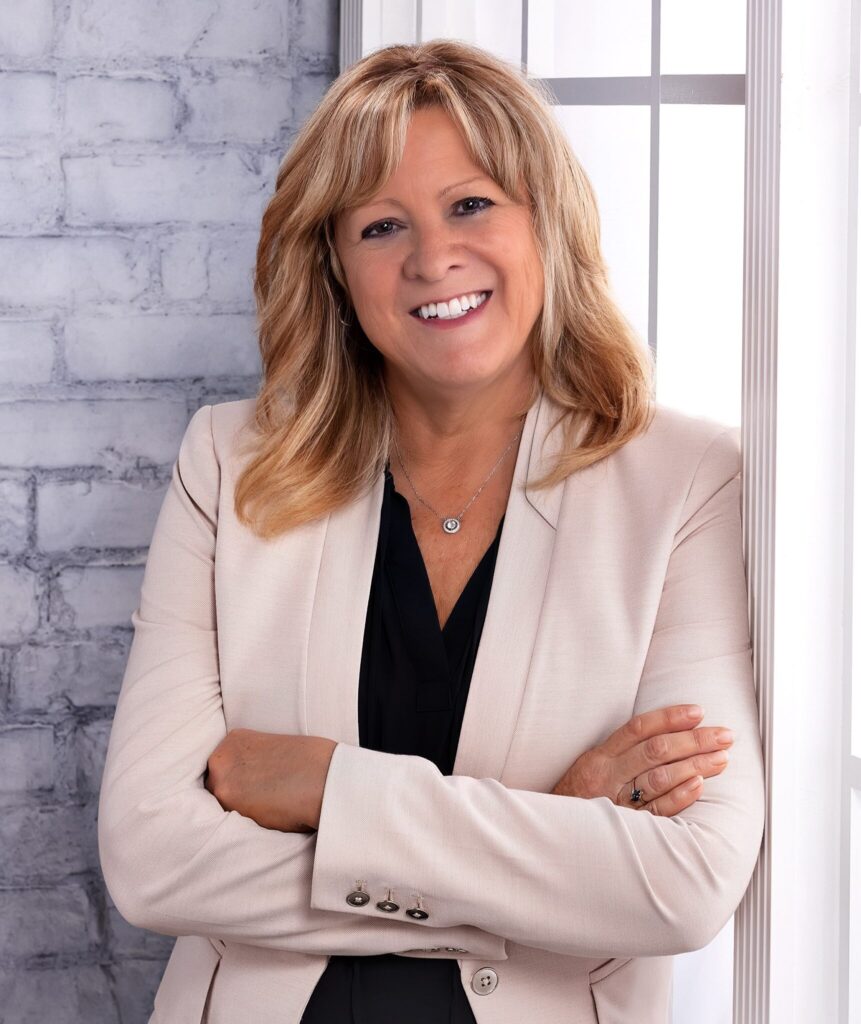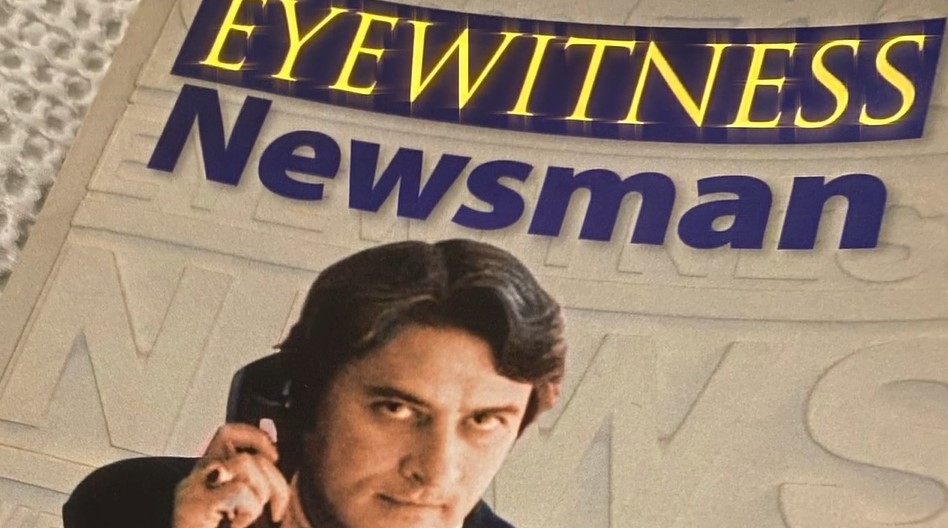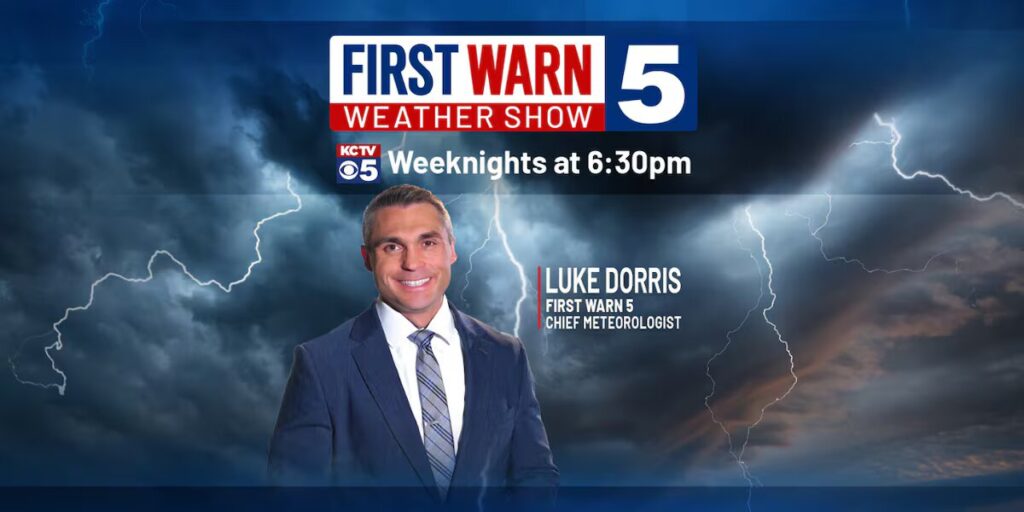Under one of new wrinkles in the retrans reform campaign, pay-TV companies are now urging the FCC to crack down on the ability of broadcasters to offer more than one Big 4 TV network-affiliated signals over their own channels by multicasting, and to limit the ability of broadcasters to negotiate retransmission consent rights for unaffiliated stations in separate markets.
New Retrans Attack Targets Multicasting
Broadcasters could be barred from affiliating with two or more of the Big 4 TV networks and multicasting the signals, under a new retransmission consent reform proposal being pitched by the pay-TV industry at the FCC.
In addition, the ability of broadcasters to negotiate retransmission consent rights for unaffiliated stations in separate markets could be constrained, under another retrans reform proposal being promoted by pay-TV lobbyists during recent FCC visits.
“Specifically, we asked the FCC to clarify that a broadcast station’s assignment of its right to negotiate retransmission consent to another broadcast station constitutes a ‘transfer of control’ that requires commission approval,” said representatives of Time Warner Cable, Charter Communications, DirecTV, Dish Network and the American Cable Association, according to a Jan. 30 lobbying disclosure filing on the FCC’s website.
Pay-TV industry lobbyists have long been urging the agency to reform its retrans regulations to bar broadcasters from jointly negotiating retrans deals through sharing agreements between separately owned stations in the same markets—including shared services agreements, or SSAs, and joint sales agreements, or JSAs.
Under one of the new wrinkles in the retrans reform campaign, the pay-TV companies are now urging the FCC to crack down on the ability of broadcasters to offer more than one Big 4 TV network-affiliated signals over their own channels by multicasting, according to the disclosure letter.
“We explained that broadcasters in many local markets are aggregating market power by affiliating with two or more of the ‘Big Four’ networks and then multicasting those signals,” the pay-TV lobbyists said, according to their disclosure document.
“Multicasting enables a single entity to control retransmission consent negotiations and local content production for multiple broadcast signals in the same local market, and thus presents many of the same problems posed by sharing agreements,” the pay-TV lobbyists continued.
“The FCC should make clear that one station affiliating with two or more of the ‘Big Four’ networks and multicasting those two signals is equivalent to owning two stations under the [FCC’s multiple ownership] rule,” the lobbyists added.
In addition, the FCC should crack down on broadcasters who negotiate retransmission consent deals for separately owned TV stations in separate markets, the pay TV lobbyists said. The regulatory change promoted by the reform coalition would require broadcasters to attribute the ownership of all stations they negotiate retransmission consent for, including separately-owned stations outside their own markets.
“Treating joint retransmission consent negotiations as creating an attributable interest should thus apply both to the commission’s local television ownership rule and its national television ownership rule,” the lobbyists said.
The pay-TV industry lobbyists made their pitch to advisers to FCC Commissioners Mignon Clyburn, Michael O’Rielly and Jessica Rosenworcel during meetings at the FCC on Jan. 28 and 29, the disclosure filing said.
“Retransmission consent coordination has always been problematic,” the pay-TV lobbyists said, according to the disclosure. “Now, however, it has become an epidemic.”
The lobbyists said ACA provided studies identifying 48 instances of separately owned Big 4 network-affiliated broadcast stations in the same market using a single negotiator to conduct retransmission consent negotiations.
In addition, DirecTV gave FCC officials a study showing that in 93 markets — almost half of the DMAs in which DirecTV carries local TV signals — DirecTV has to negotiate with a party controlling multiple affiliates of the Big 4 networks, “often through arrangements that circumvent the commission’s ownership rules,” the disclosure document said.
“We thus urged the commission to update its regulations to better reflect market conditions and to protect consumers,” the lobbyists said.
Said Dennis Wharton, a spokesman for the National Association of Broadcasters, in response: “Having Time Warner Cable, Dish and DirecTV complain about consolidation is as credible as having [the Seattle Seahawks’] Richard Sherman elected president of the Society of Mimes. Their goal is simple: to eliminate broadcasting as a free source of news, entertainment and lifesaving weather information available to 100% of all Americans. As more and more homes cut the pay TV cord, we’re hopeful the FCC will reject this cynical pay TV campaign and embrace modest partnerships and revenue streams that allow local broadcasting to thrive.”


























Comments (8)
Wagner Pereira says:
February 3, 2014 at 3:04 pm
How about they also forbid any common ownership of more than 1 cable channel and no MVPD allowed to service more than 25% of the subscribers in any market while we are at it?
David Siegler says:
February 3, 2014 at 3:41 pm
Why not just require a free over the air tier made up of all the locally broadcasted services regardless of whether they are delivered on individual channels or part of an OTA multicast?
Clayton Mowry says:
February 3, 2014 at 4:12 pm
What hypocrisy. So they really show how important local affiliates are. What about the anti-trust impact of cable controlling and requiring bundling an aggregated tiers when they own interests in multiple cable networks? I am sure their motives are pure and respite with fair play, but broadcasters have horns.
Bill Evans says:
February 3, 2014 at 4:13 pm
What about the plan for stations to share spectrum (aka multicast) so they can sell back their channel? This plan flies in the face of the Incentive Auction.
Brian Bussey says:
February 3, 2014 at 4:21 pm
my $150 per moth cable bill allows me to recieve 100 channels of programming in languages I will never learn to speak. That includes spanish. Why do I have to recieve channels in every language in Asia, Central and South America ?
Doug Halonen says:
February 3, 2014 at 5:30 pm
There are so many FCC and congressional regulatory errors in the past three decades that I cannot list them all in this post. We have swung from an overly-regulated environment to an under-regulated one. And most of our structural, as opposed to technical, regulations are the products of lobbyists.
Now, in my opinion the first mistake was not to treat cable as a common carrier. I am talking ancient history here.
The result of that ruling was the cable bundling of channels that poster “HopeUMakeit” bemoans above. I tend to agree. We got rid of block booking in the film industry in 1948. Why we need block booking in cable TV is beyond me.
Let me cite an example: I have a house in Westerly, Rhode Island and an office in New York City. In both locations I subscribe to FiOS. In R.I. I get the Jazz Channel. I pay twice as much in New York, and I don’t get the Jazz Channel. In order to get the Jazz Channel in New York I am told that I must subscribe to a package of channels that will cost about an additional $35 per month. In RI I do not get the Military History Channel, and I am told that I must subscribe to a similar package of channels that I don’t want in order to get it.
You may disagree with my choice of channels, and that is your right.. However, I know what I like to watch on TV: The broadcast channels, including PBS, the new3 channels, including CNBC and CNN, and certain entertainment, music, and history channels — as well as C-Span.
Why in Heaven’s name should I pay for reality shows on Bravo?
Wagner Pereira says:
February 3, 2014 at 9:43 pm
Considering that FiOS packages are standardized Nationwide, it seems you must some old discontinued packages that you are grandfathered on. And I seriously doubt your bill is 2x in NYC as FiOS is running ads in NYC for TV, Internet and Phone for $79 along with a $300 Visa Gift Card.
dave rawson says:
February 3, 2014 at 6:26 pm
Does this mean CBS affiliate KHQA in Hannibal MO is under fire for broadcasting ABC on a subchannel? That market has only two full power commercial channels available. WGEM in Quincy IL has to broadcast Fox and CW on subchannels in addition to its main NBC feed. They tried getting a primary ABC station OTA in 1969 with the debut of WJJY-14 in Jacksonville IL, but it ran out of money and the tower fell later. Maybe ABC station KTVO in Kirksville MO should relocate to Keokuk, IA and beam a strong signal into Quincy-Hannibal so KHQA can drop secondary ABC and go with MeTV instead.